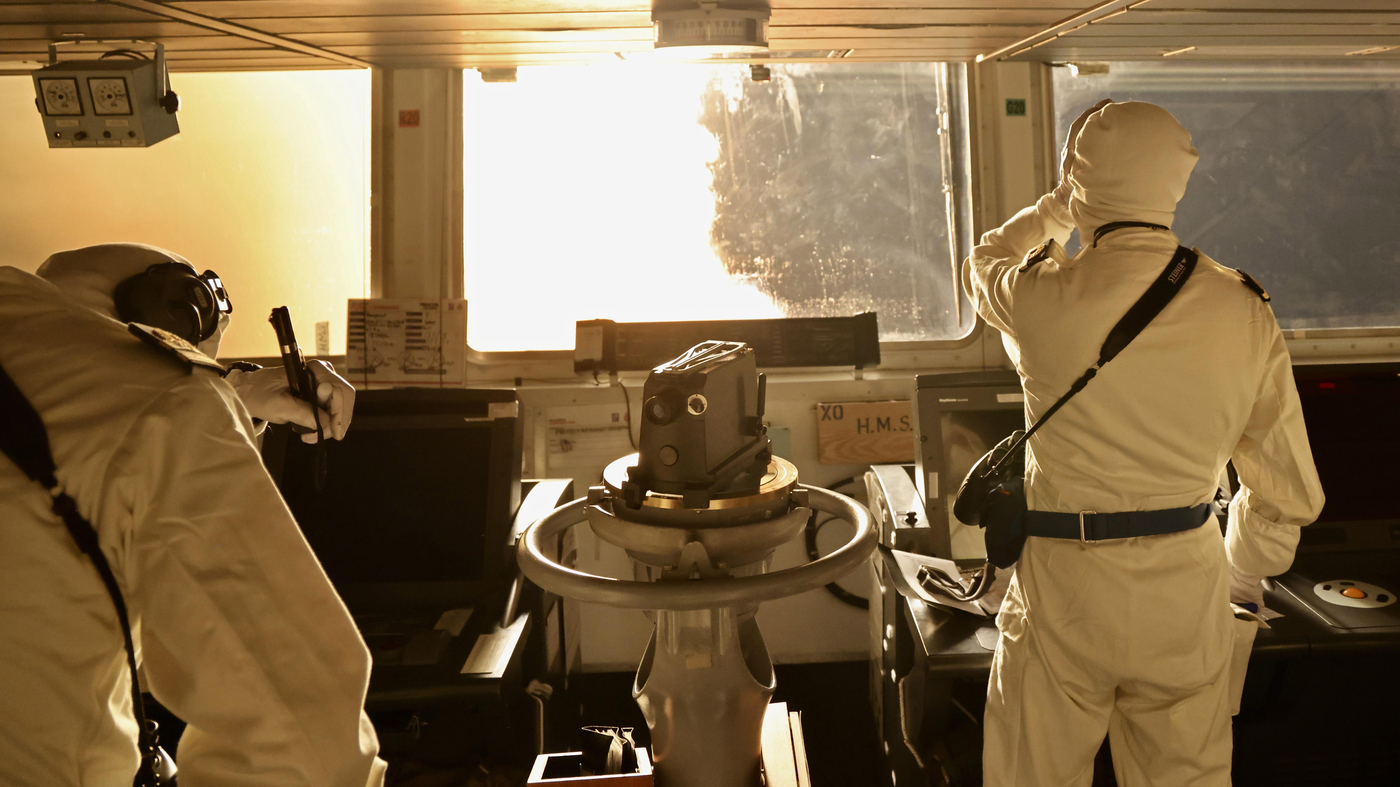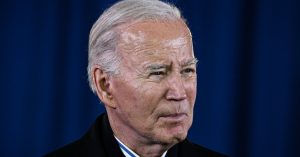
Outrage is occurring in the Middle East as a result of the U.S.-led strikes
The United States, Iran, and its Allies have Left a Grain in the Middle East: What Has the U.S. Learned?
The Saudi-backed Yemeni government and the Iran-aligned Houthis have been locked in a conflict since 2015, a fight that has killed hundreds of thousands and left some 80% of Yemen’s populations dependent on humanitarian aid, according to the United Nations.
What will this latest US attack on Yemen mean for Iran in the region? Will they increase their attacks on shipping or U.S. troops? Will Iran get more involved? Already Iran has a sent a frigate into the Red Sea.
The United States, meanwhile, killed a senior Iranian-affiliated militia leader in Baghdad, Mushtaq Talib al-Saidi, also known as Abu Taqwa, who the U.S. says was behind attacks on its forces in the country. The Iraqi leaders said the killing violated their sovereignty and raised questions about the ongoing U.S. presence.
And after its attack on Gaza, Israel has exchanged fire with Iranian-backed Hezbollah fighters in Lebanon and more recently killed a senior Hamas official in Beirut.
The conflict in the Middle East had been getting worse before the U.S strikes in Yemen. The Pentagon has recorded over 120 attacks from Iranian-backed militias in Syria and Iraq since October. A recent assault in Irbil, Iraq, left three U.S. service members wounded, one critically with a head wound from shrapnel.
A steady stream of U.S. officials — from Secretary of State Antony Blinken to national security adviser Jake Sullivan to Defense Secretary Lloyd Austin — have all pressed for a more targeted ground campaign, protection of civilians and an increase in humanitarian aid to Gaza.
“It is impossible not to denounce that an allied country resorted to this military action, while meanwhile, Israel is continuing to exceed all bounds in its bombardment, brutal war and siege on Gaza without any consequence,” Oman’s Foreign Ministry said in a statement.
Anti-ship missiles for the first time in history have been used in these strikes as a response to the attacks against international vessels in the Red Sea. These attacks have threatened the safety and wellbeing of U.S. personnel, civilians, and our partners. Over fifty nations have been affected by attacks on international commercial shipping. Crew from more than 20 countries have been taken hostage in acts of piracy. The Red Sea can cause delays in product shipping times due to the thousands of ships that have been diverted to avoid it. And on Jan. 9, Houthis launched their largest attack to date — directly targeting American ships.
“The situation is constantly evolving and remains highly volatile, and all available intelligence at hand confirms that the security risk continues to be at a significantly elevated level,” the shipping giant Maersk said in a statement on Jan. 5. The Maersk vessels that are to transit the Red Sea will be diverted to the Cape of Good Hope.
Today, at my direction, U.S. military forces — together with the United Kingdom and with support from Australia, Bahrain, Canada and the Netherlands — successfully conducted strikes against a number of targets in Yemen used by Houthi rebels to endanger freedom of navigation in one of the world’s most vital waterways.
The attacks got more robust this week with four small boats attempting to attack the Maersk Hangzhou, which officials said was either a hijacking attempt or a suicide mission. The three boats that were sunk were hit by helicopter fire while the fourth one escaped. TheHoudinis said they lost at least 10 fighters.
He says that the Iranian-supported group the Houthis have more sophisticated weapons than other Iranian-supported groups like Hamas or Hezbollah in Lebanon.
The U.S.-led strikes against the Houthi militia in Yemen are meant to send a message to Iran or lead to a broader assault
Behnam Ben Taleblu, who focuses on Iranian security and political issues at the Foundation for Defense of Democracies, a nonprofit think tank in Washington, wonders whether the U.S. strikes were designed to send a message or lead to a broader assault.
Tehran and its proxies aren’t confronting steel because they are pressing their attacks. “The ability to stop such probing generally depends on a swift and violent counterattack.”
One former U.S. regional commander, retired Marine Gen. Frank McKenzie, who served as the top officer in the Middle East, said in a Wall Street Journal opinion piece last week that it was time to act against the Houthis, and send a message to Iran.
The global crisis was brought on by weak presidential leadership, according to the news release. The time is right for President Biden to allow our commanders the freedom of action they need to end the terrorist behavior of the Houthis.
Republican Rep. Mike Turner of Ohio, chairman of the House Intelligence Committee, said recently on ABC’s This Week, that the Biden administration must take a tougher stance against the Houthi militants.
Here is President Biden’s full statement on the strikes conducted against the Houthi militia in Yemen by the United States and allies, as released by the White House on Thursday:
In Bahrain, another U.S. ally, people took to the streets on Friday to protest their country’s involvement in the military coalition, according to Bahraini activists who shared pictures of the demonstrations. Amid popular anger over its participation in the coalition, the Bahraini government has not independently acknowledged its role, but was named in the joint statement announcing the strikes.
Even a close ally of the U.S., namely the sultanate of Oman, expressed concern about how the American-led action would affect the conflict in Yemen.
The strikes will result in more instability in the region and violate international laws, said a spokesman for the Iranian Foreign Ministry.
Many in the Middle East, including some U.S. allies, condemned the American-led airstrikes against Houthi targets in Yemen on Friday and warned that they risked causing a broader conflict in the region.
In an interview with Al Jazeera, Mr. Abdul Salam signaled that Houthi forces would retaliate for the U.S. strikes, saying, “Now, the response no doubt is going to be wider.”
South Africa has defended against genocide charges: Up First briefing: U.S. strikes Houthis; Israel defends against geocide charges
South Africa has brought a case of genocide against Israel at the International Court of Justice. South Africa believes that Israel’s military response to the attacks on Hamas in October is specifically directed at Palestinians in Gaza. Israel’s air, ground and sea assault in Gaza has killed more than 23,000 people — most of them women and children — according to the Palestinian Health Ministry.
Good morning. You’re reading the Up First newsletter. You can subscribe to the Up First radio show and get the news delivered to your inbox.
Hundreds of people chanted slogans for both sides yesterday, outside the court. A Jewish teacher who traveled to the court from London tells NPR producer Abu Bakr Bashir that he agrees with South Africa, given the widespread destruction in Gaza.
What We Don’t Know About Student Loan Borrowers: Election Campaign and Political Campaigns Are Trying to Win The Presidential Nominating State
Republican campaigns and the groups supporting them have spent nearly $300 million in ads so far to try and win the presidential nomination, according to data analyzed by NPR and compiled by the ad-tracking firm AdImpact. Two-thirds of the money was spent on the first two nominating states, Iowa and New Hampshire. In Iowa alone, the caucuses will raise more than 100 million dollars. Super PACs have spent an inordinate amount of money in this election. Unlike campaigns, they can raise unlimited amounts of money.
The Biden administration announced it will fast-track a loan forgiveness policy previously scheduled for July. Many federal graduate and undergraduate student loan borrowers who initially borrowed less than $21,000 will have their debts erased thanks to the new change. Here’s what you need to know about your loans:
Movies: Mean Girls, the new adaptation of the Broadway musical adaptation of the 2004 Lindsay Lohan film, has it all: songs, dance and nasty teenage drama. The Pop Culture Happy Hour hosts discuss whether it holds up to the original.
There are many books that celebrate love and acknowledge the dark forces that haunt refugee and immigrant lives.

